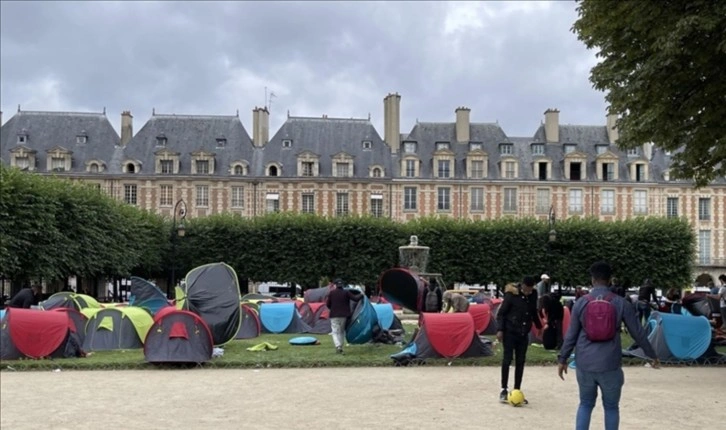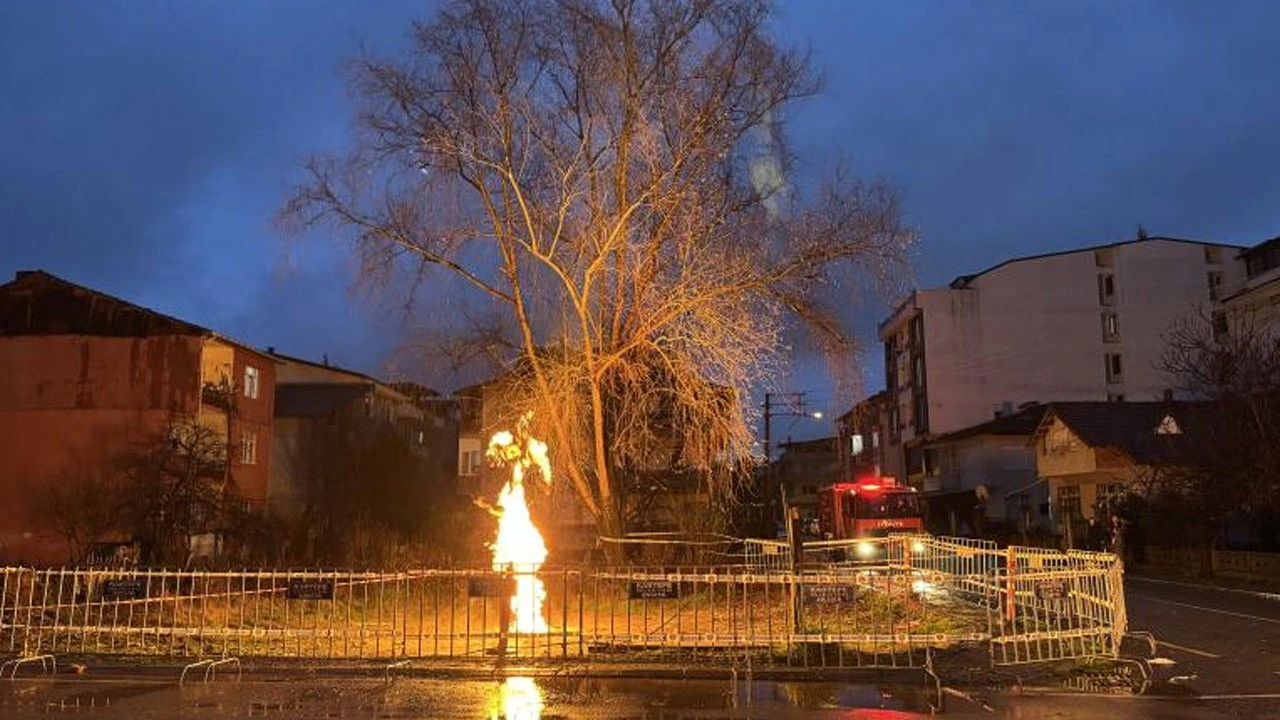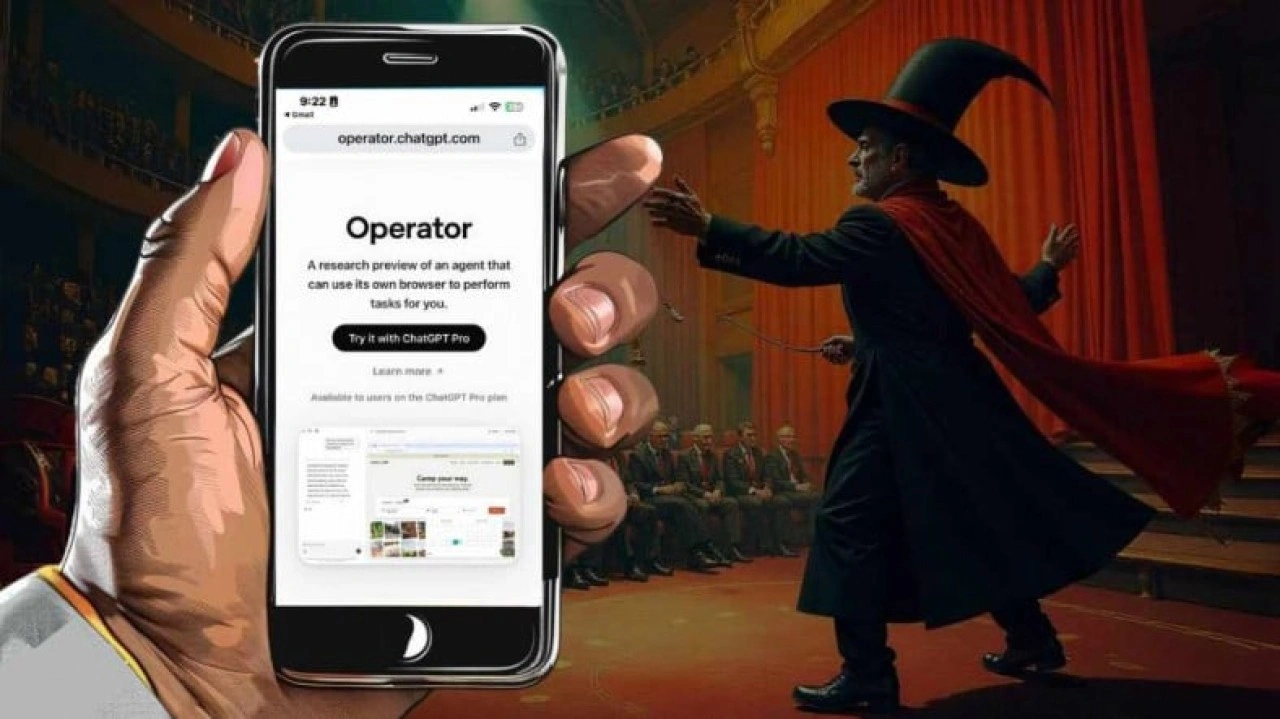
French ÖZETİ| President Emmanuel Macron is working on an immigration draft law, under fierce pressure from a rising far-right, which human rights groups said would raise fears of “illegal refoulements.”
The first step before the official presentation of the new immigration bill, there have been long hours of debates on France’s migration policy.
On paper, the proposed law, whose examination in parliament will take place in the spring, must combine “firmness and humanity,” the French president said last week.
The bill is about applying the Obligation to Leave French Territory (OQTF) policy, the execution rate of which is low. About 15% of migrants have been ordered to leave in the last decade, according to a Senate report released in May.
It also seeks to accelerate procedures, better integrating and encouraging labor immigration “with needed skills.”
The reform plans to automate notification of OQTF for anyone whose asylum application is rejected by the French Office for the Protection of Refugees and Stateless Persons.
Until now, such a measure could only be notified when the National Court of Asylum renders a decision on appeal.
The new law also plans to generalize the use of a single judge for most appeals before the National Court for the Right to Asylum (CNDA), instead of three judges working collegially.
A rising far-right
On the political front, the government is trying to balance pressure from a rising far-right to get immigration under control.
With the increasing power of the far-right on the political scene, debates look tough for the executive.
Also, no one can forget that since 2017, the right and far-right have made immigration one of their main angles of attack on Macron. And that it is getting tougher.
In a statement of appeasement to the opposition, but probably also to her camp, Prime Minister Elizabeth Borne said: "We are aiming for efficiency, useful measures and concrete effects. We're not seeking to divide.”
Human Rights organizations have denounced this new draft law and immigrants without papers or asylum seekers are already suffering.
Tchelina Jerolon, head of the Conflict, Migration and Justice Program at Amnesty International France said: “We are particularly concerned about two measures that have been proposed by the government.
“The first concerns the automatic taking of an OQTF, which means the obligation to leave French territory for all asylum seekers who would see their requests rejected by OFPRA, French Office for the Protection of Refugees and Stateless Persons.
“What we also fear is that this measure will lead to illegal refoulements.”
Importance of immigrant workers
It is important to mention that immigrant workers in France hold an average of one job in 10, but the proportion can rise to four in 10 in specific sectors.
"Today, let's be clear, do we sincerely believe that catering, agricultural work and many other sectors operate without immigration?” Macron asked in an interview with The Parisian newspaper. “The answer is no!”
Nearly four in 10 domestic workers (38.8%) are of immigrant origin, according to the Directorate for the Animation of Research, Studies and Statistics. The figure is four times higher than the share of immigrants in the population in France, estimated at 10.3%.
Immigrants are over-represented in construction, public works, security and hotels and restaurants – mainly low-skilled jobs or skilled and unskilled workers.
But there are also executives and craftsmen in important sectors. Anecdotally, the number of immigrants in the category of “political and clerical professionals” is also above average.
Conversely, some jobs have a lower-than-average rate of immigrant workers. This is the case in the civil service, where incumbent positions are open only to Europeans and where "non-European foreigners can be recruited as contract workers," according to the study. Some public jobs – military and police – are reserved only for French citizens.
Beyond the legal restrictions, the authors of the Directorate for the Animation of Research, Studies and Statistics study explain the under-representation of immigrant workers by several factors: "Practice of the French language, equivalence of diplomas, logic of recruitment, discriminatory behavior of recruiters."
Editor : Şerif SENCER















